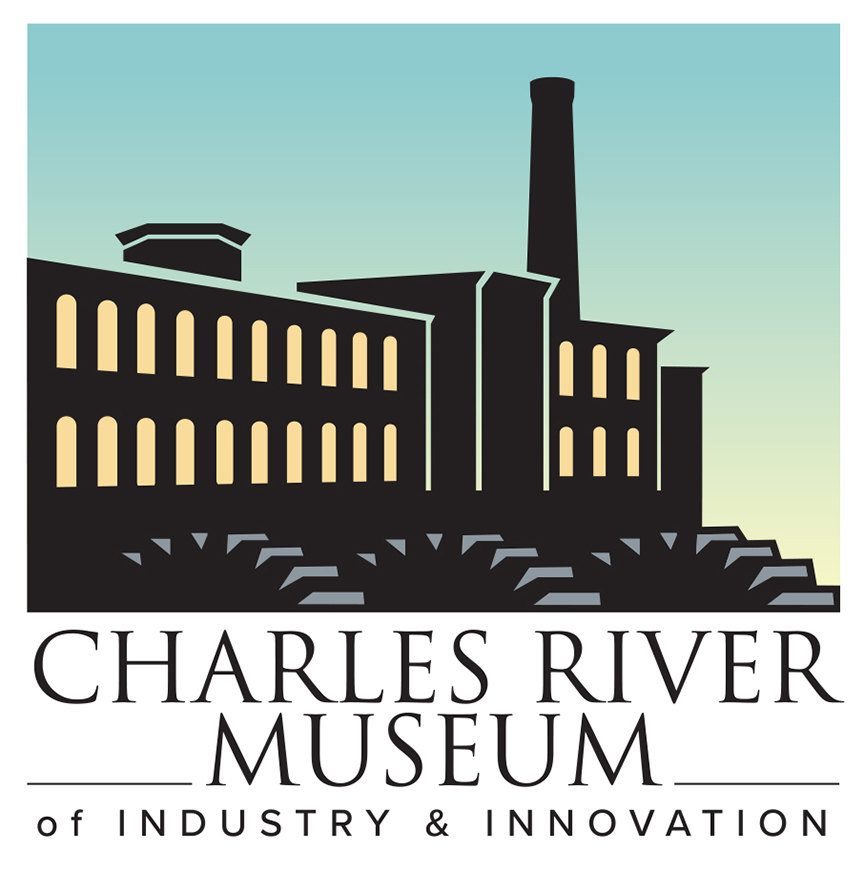
Lowell Lecture
MILL TALK: The Rosy Dawn of Industrialization - Distant Impacts by Early New England
Date & Time
Nov. 13, 2024 at 7 p.m. - 8 p.m.
Location
Arsenal Center for the Arts
321 Arsenal Street Watertown, MA 02472
Driving Directions
Speaker(s)
Kevin Coffee is an archaeologist and museologist whose research explores the materiality of late-modern societal development, especially urbanization and industrialization. From 2018 into 2023, he was the chief interpretation and education officer at Lowell National Historical Park in Lowell MA. He has published about urban development and industrialization in Industrial Archaeology Review, Post-Medieval Archaeology, Journal of the Society for Industrial Archeology, and in the Routledge International Handbook of Heritage and Politics. He has presented on the subject to annual meetings of the Society for Historical Archaeology, Society for Post-Medieval Archaeology, and the Society for Industrial Archeology. He is also the author of Museums and Social Responsibility (Routledge 2023) and Objective Culture and the End of the Museum (Routledge 2025).
Presenting Organization
Charles River Museum of Industry and Innovation
Contact
Bob Perry (director@charlesrivermuseum.org, 7812168723)
The environmental impact of industrialization is often imagined as belching smokestacks or noxious effluents. But local pollution is only the most obvious impact of industrialization. Often overlooked are the distant impacts and ‘externalities’ that accompanied mechanized production and the growth of modern cities.
The Waltham and Lowell systems which birthed textile manufacturing in America were highly profitable and spurred a massive influx of investment capital into the sector. Between 1830 and 1840, more than 270 textile manufacturers were incorporated in Massachusetts alone, each equipped with hundreds of machine tools and dozens of hydro-turbines.
The tremendous demand for raw materials – wood, cotton, iron, clay, limestone, granite, etc. – transformed landscape and watershed. The dramatic rise in demand for raw cotton in America and Britain intensified the brutality of forced labor in the American South, expanded the plantation system into Alabama and Mississippi, and prompted war against Mexico. The growing network of factory sites co-produced an extensive network of railroads and canals. The first twenty years of factory building in Lowell alone required clearing more than 25 square miles of forest for structural timber.
In this talk, historical archaeologist Kevin Coffee shares his research on the standing structures commissioned by the Lowell manufacturers and explores some of the most significant wide-area impacts produced by the new industry.